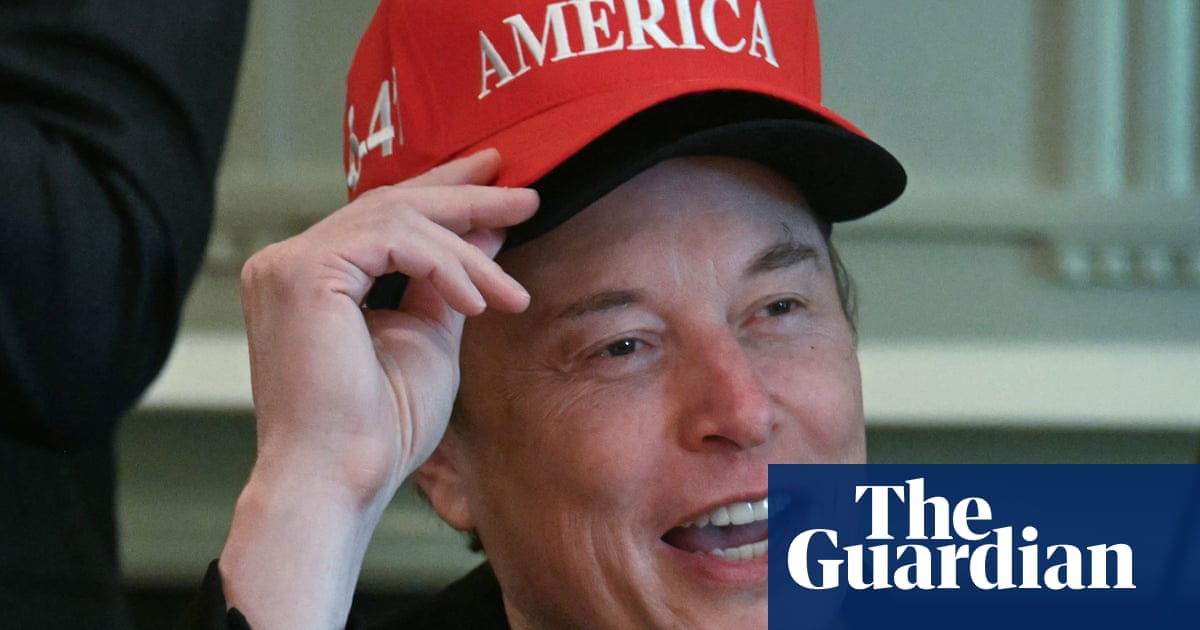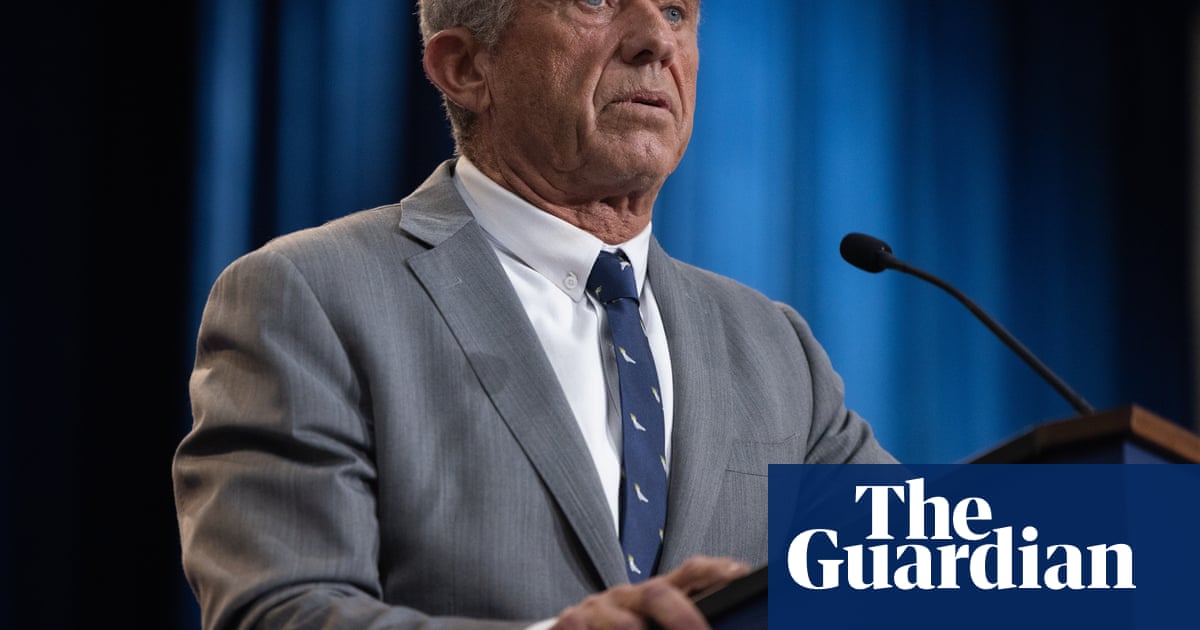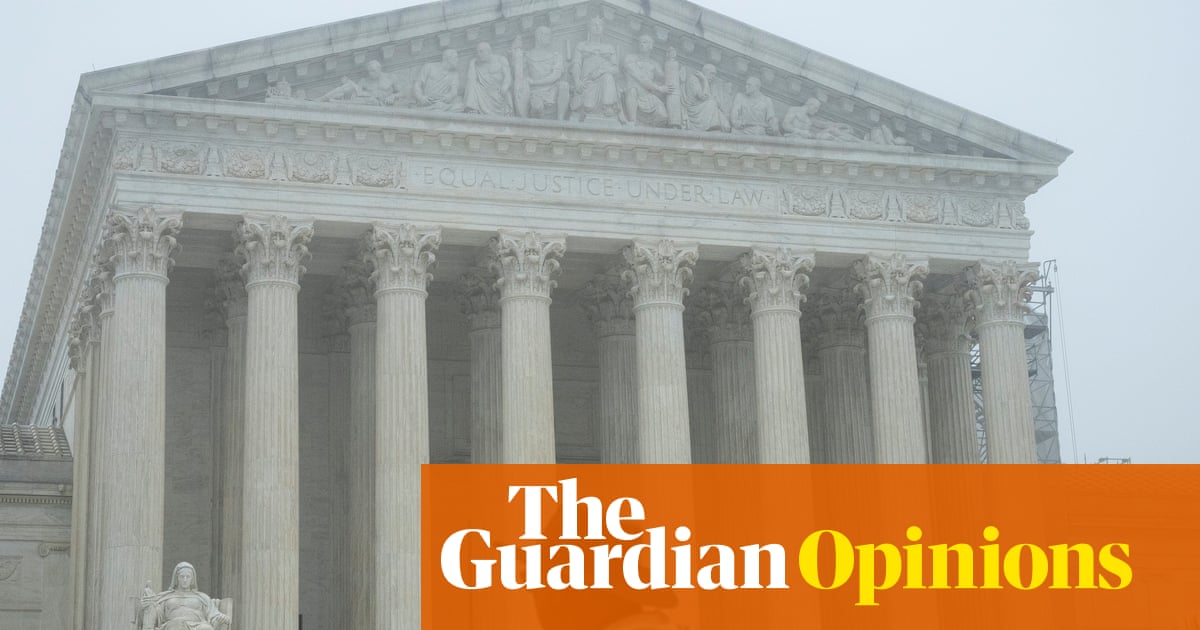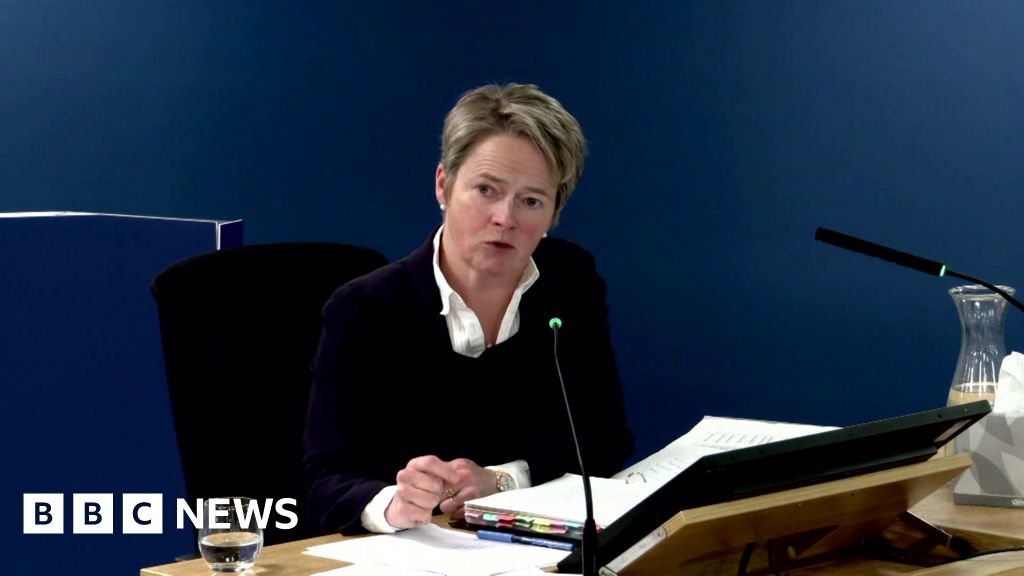Donald Trump’s battle with a US media he considers an “enemy of the people” has been a signature fight of his second term in office, sparking warnings of an erosion of press freedoms in America and fears over the independence of key publications owned by billionaires seeking to become close to the president.
But one struggle has now taken center stage that puts one of the most prestigious brands in US journalism in a direct legal fight with the White House, which has also dragged in a gigantic multibillion-dollar Wall Street deal by the corporate owners of one of America’s main broadcast networks.
At the center of the fight is 60 Minutes, the brand-leading news program for the CBS network that once employed Edward R Murrow, whose reporting on Senator Joseph McCarthy’s investigation into alleged communism became the subject of the movie and play Good Night, and Good Luck, and Walter Cronkite, who for two decades hosted CBS Evening News and was described as “the most trusted man in America”.
Last week a longtime executive producer for 60 Minutes resigned because he concluded he could not run the show free of pressure from a parent corporation that is working to settle Trump’s lawsuit concerning an interview the show did with Kamala Harris during the presidential campaign.
Shari Redstone, who controls CBS’s parent company, Paramount, wants to sell it to Skydance, an entertainment company backed by the billionaire Larry Ellison, and needs approval from federal regulators. So she is reportedly trying to settle the lawsuit, despite opposition from employees and the fact that Trump’s complaint has little merit, according to legal experts.
“Over the past months, it has also become clear that I would not be allowed to run the show as I have always run it. To make independent decisions based on what was right for 60 Minutes, right for the audience,” Bill Owens, who spent 37 years at CBS News, wrote in a memo to staff obtained by the New York Times. “So, having defended this show- and what we stand for – from every angle, over time with everything I could, I am stepping aside so the show can move forward.”
The resignation reflects larger concerns about the weakening of the US democratic system of government due to prominent news organizations, law firms and a university capitulating to Trump’s lawsuits and executive orders, which critics say are authoritarian.
“If Donald Trump or some other powerful individual could hold news organizations hostage to their whims as to whether they think news and editorial judgments flatter them or make their enemies look bad,” then “the news organization would effectively be working for them,” said Heidi Kitrosser, a Northwestern University law professor.
In 1968, the network debuted 60 Minutes, a primetime news show that became one of the most successful programs in broadcast history. It made its name with investigative reporting on subjects such as the My Lai massacre in Vietnam; the tobacco industry; and then-presidential candidate Bill Clinton’s alleged mistress, along with the more light-hearted weekly segment A Few Minutes with Andy Rooney.
“Its ratings success convinced CBS and the other networks that TV news could grab audiences and be a profit center, just like entertainment,” said Marty Kaplan, who holds the Norman Lear chair in entertainment, media and society at the USC Annenberg School for Communication and Journalism. “Many of its journalists have become stars, and its stopwatch is a pop culture icon.”
In October 2024, the show conducted an interview with Harris and aired a more concise, different version of the vice-president’s response to a question on Israel and the war in Gaza than what appeared in a trailer.
Trump sued the network for $10bn and claimed the interview amounted to election interference. A court filing stated that the segment was intended to “confuse, deceive and mislead the public” and “tip the scales in favor of the Democratic party”.
In March, Paramount filed motions to dismiss the suit on the grounds that it was an “affront to the First Amendment and is without basis in law or fact”.
The lawsuit has “absolutely no merit” because the first amendment protects the “ability of the people to speak about matters of public importance and to speak about those who govern them”, Kitrosser said.
She pointed out that news organizations routinely edit interviews for timing and coherence.
“Trump himself benefits very much from news editing that takes what might kindly be called ‘word salads’ and cuts them down,” Kitrosser said.
But Redstone, who would make billions of dollars in the sale, told the Paramount board that she wanted to settle with Trump, according to the Times. The deal requires approval from the Federal Communications Commission, which is led by chair Brendan Carr, a Trump appointee.
“The only reason to settle this case would be to bribe the administration for favorable treatment, whether it be with respect to the merger or any other business that the CBS parent company might have in front of the administration,” said Seth Stern, the director of advocacy at the Freedom of the Press Foundation.
Redstone recently started to request information on which upcoming 60 Minutes stories were about Trump, which made Owens uncomfortable, Semafor reported.
During a meeting with CBS staff, including famous journalists such as Anderson Cooper, Lesley Stahl and Scott Pelley, Owens became emotional and said: “It’s clear that I’ve become the problem. I am the corporation’s problem,” according to Status.
“I really, really, really believe that this will create a moment where the corporation will have to think about the way we operate, the way we’ve always operated, and allow us to operate like that,” Owens said.
If Paramount settles the lawsuit, it would continue a trend since Trump took office of companies and a university giving in to his demands to avoid punishments such as losing federal funding or access to federal buildings.
For example, law firms agreed to do $940m in pro bono work for the Trump administration and to not consider race in hiring, among other concessions.
ABC News and anchor George Stephanopoulos also agreed to give $15m to a foundation and museum to be established by Trump to settle a lawsuit over an interview in which Stephanopoulos said a jury had found the president “liable for rape”, when in fact he had been found liable of sexual assault.
Kitrosser said that case also had little merit.
“I see them much more as shakedowns than legal settlements,” she said.
There are examples of companies and schools standing up to Trump, including Harvard University, which filed a lawsuit against the administration over its threats to review $9bn in federal funding after the school refused to comply with a list of demands. And like Owens, others have resigned over their employers’ acquiescence to the president.
Stern, of the Freedom of the Press Foundation, also argues that settling with Trump hasn’t necessarily protected companies from him. In March, the FCC opened an investigation into whether ABC was “promoting invidious forms of DEI discrimination”.
“In addition to all the principled reasons to not cave to Trump, there’s also the practical one that it doesn’t work,” Stern said. “He will be right back at your door with his hands out the next day.”

 German (DE)
German (DE)  English (US)
English (US)  Spanish (ES)
Spanish (ES)  French (FR)
French (FR)  Hindi (IN)
Hindi (IN)  Italian (IT)
Italian (IT)  Russian (RU)
Russian (RU)  1 month ago
1 month ago























Comments